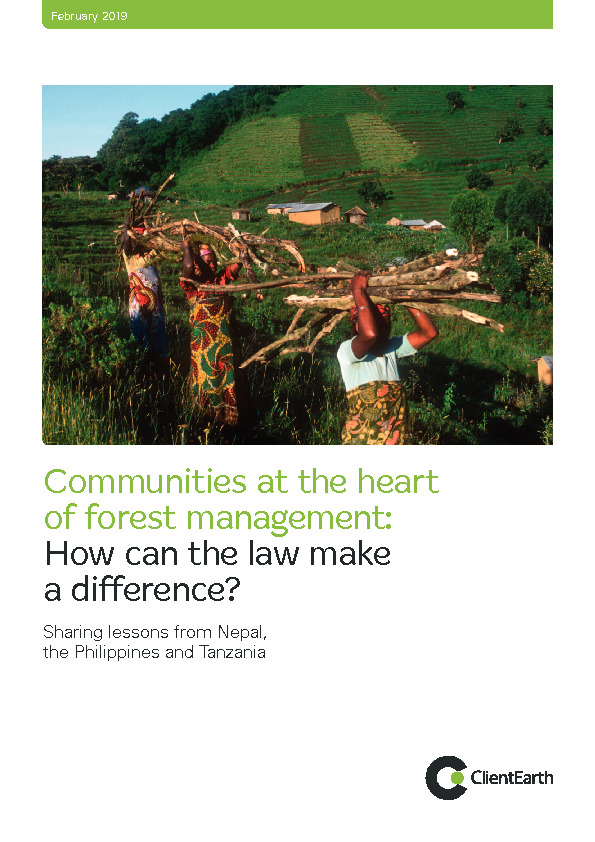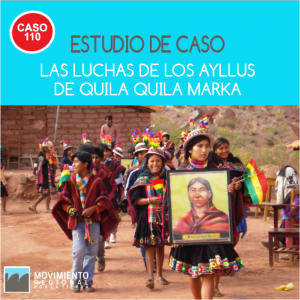Communities at the heart of forest management: How can the law make a difference?
This report is intended to provide guidance to develop enabling legal frameworks governing community forestry. It offers recommendations and a framework for reflection for all actors engaged in creating, implementing or revising laws on community forestry, and for civil society in particular.
Drawing lessons from the design and implementation of community forestry laws in Nepal, the Philippines, and in Tanzania, this report revolves around the ten following building blocks to consider in order to develop supportive frameworks governing community forestry:





